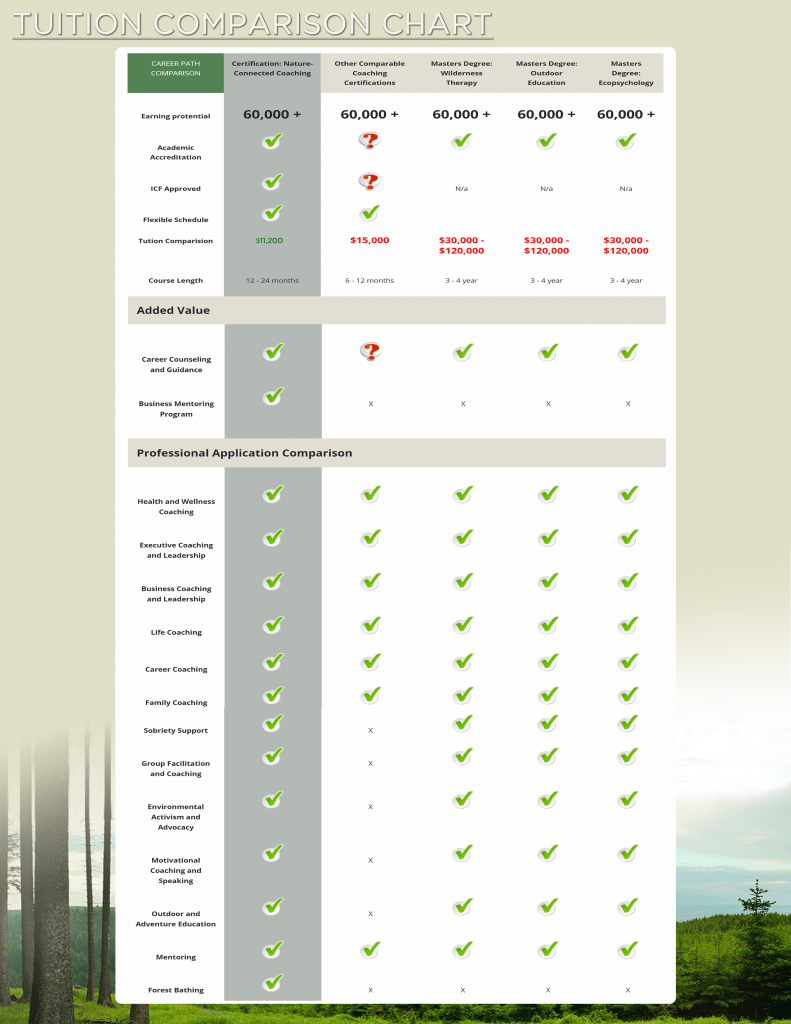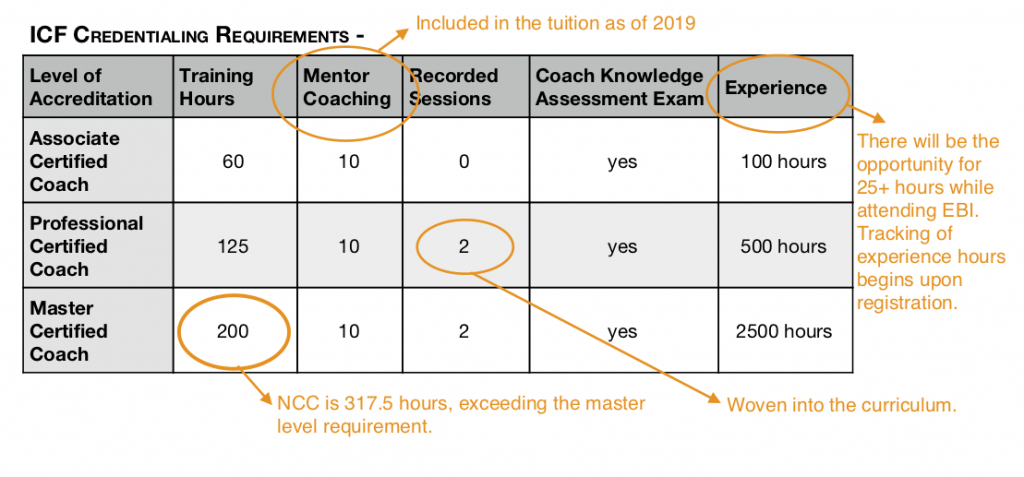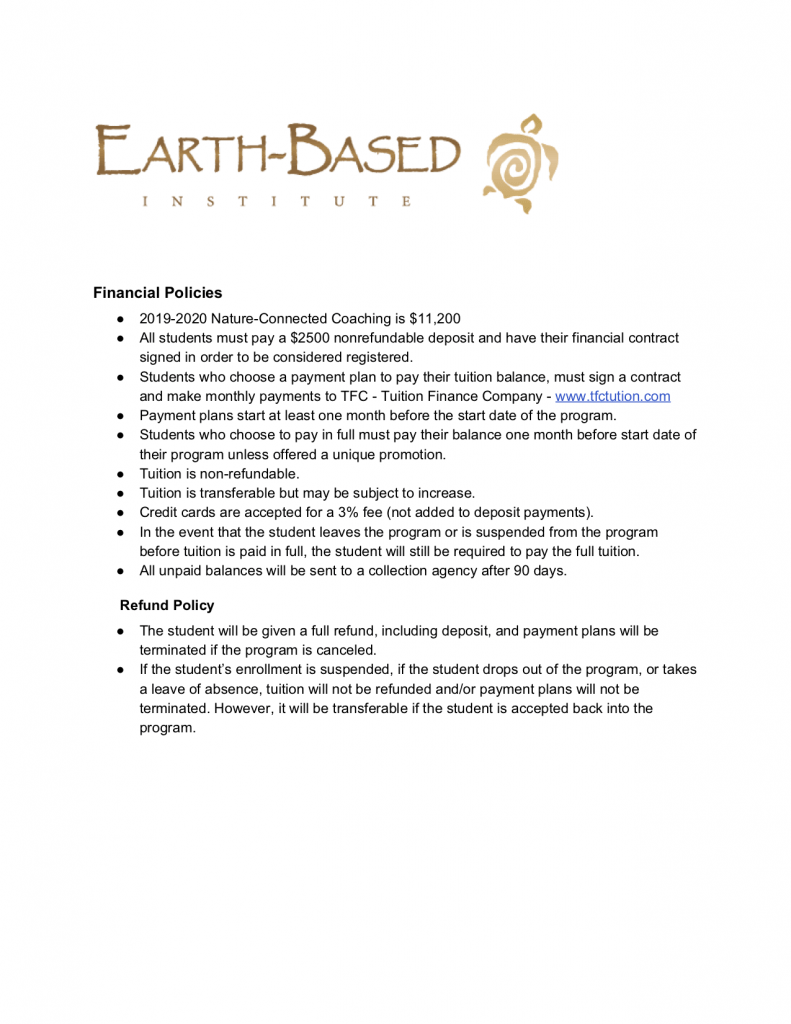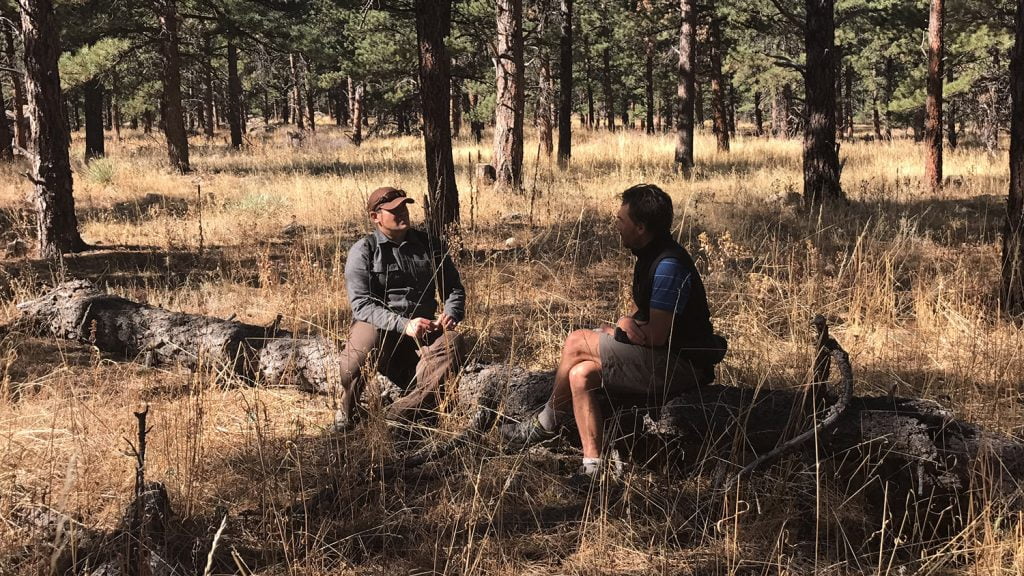
Life coach or therapist/counselor/social worker – how to distinguish between them and what training to choose?

Should I go for a Masters Degree in counseling psychology or become credentialed as a professional coach? This might very well be the question you are wrestling with as you decide which path to follow.
Although, as head of EBI, I am naturally predisposed toward coaching, I certainly can acknowledge that coaching is not for everyone. My intention here is to help you better understand the distinctions between life coach and therapist/counselor/social worker, and to aid you in choosing the path that best suits your professional goals.
While similarities in the knowledge base that informs the two modalities are numerous, clear differences stand out:
- Counseling psychology programs that are geared towards licensure need to meet educational requirements determined by such boards as the American Psychological Association (APA) or the Council for Accreditation of Counseling and Related Educational Programs (CACREP).
Although each master’s program has its unique twist, the curriculum is standardized to guide the student towards clinical licensure. The key word here is clinical. This typically means working with diagnosis, treatment, and a pathological approach to counseling someone. This is an important consideration if your goal is to work in an institutional manner or to collect insurance.
- Professional Coaching programs that are approved or accredited by the International Coach Federation (ICF) are focused on supporting students to master a set of core competencies and standardized ethics that center around the following definition:
➢ Partnering “with clients in a thought-provoking and creative process that inspires them to maximize their personal and professional potential.”
➢ Honoring clients as the “experts in their lives and work, and believing every client is creative, resourceful, and whole.”
➢ Focusing on “setting goals, creating outcomes, and managing personal change.”
Coaching is a non-pathological and non-clinical approach that focuses on strengths and goals. While of course coaches look at issues and challenges square in the eye, the focus is not on treating the issues but rather on supporting the client to achieve the goals he or she sets.
Although a client’s specific goals provide the focus, the training programs home in on the unique professional ambitions of those seeking accreditation. Many programs purport to teach coaching when in fact they do not. The only way to be sure is to verify that their certificate is approved and monitored by a large membership organization such as ICF.
One reason the term coaching is often used incorrectly is to avoid using the terms therapy/therapist or counseling/counselor, which would imply that they are training people to be psychotherapists. In some states, using those terms would require a board certified license. Currently the term coach does not require management.
To distinguish ICF approved programs from the myriad coaching programs, ICF uses the term “Professional Coaching,” which represents standard language for the competencies and ethics for which it awards credentials.
Clinical programs typically train students to be well versed in and know how to use the DSM (Diagnostic and Statistical Manual) for assessment, diagnosis, and treatment plans surrounding client issues.
Professional Coaching programs, on the other hand, provide training on other forms of assessment methods, the intention being to create awareness in such a way that allows the client to see a way forward.
Clinical licensure does in fact require more academic hours, post-graduation experience, and supervision than a Professional Coaching credential. However, ICF credentialing as a Professional Certified Coach requires:
- Completion of an ICF accredited coach training program;
- 500 coaching hours (450 paid) with at least 25 clients;
- 10 hours of Mentor Coaching.
Having an ICF credential means you have truly put the time and effort into earning it and you adhere to a code of ethics.
See full ICF requirements for all coaching levels.
Professional Coaching can be applied to a number of different population groups, including:
- Businesses
- Executives
- Families
- People in recovery
- Leaders
- Men in all fields
- Women in all fields
Clinical or nonclinical is the question you need to answer. “How does one or the other match my goals?” The bottom line is that both paths are motivated to help the client. And both are informed by scientific research. Having a license or a coaching credential does not mean you are good at what you do. It means that you have jumped through the required hoops to get there.
Look for programs and trainings that focus on experience, practice, and feedback. Those typically go above and beyond the status quo, and will truly help you hone the skills required to be an effective coach or therapist.
There certainly are fewer opportunities for employment as a coach than there are as a licensed counselor or therapist. Committing to the coaching profession might involve trailblazing and self-employment, which is not for everyone.
Becoming a therapist/counselor/social worker may take several years to complete the educational, internship, and licensure requirements before you can officially start seeing clients for pay.
The ICF allows coaches in training to work as coaches for pay while they are training. This enables quick application in the workplace for in-house coaches, and quick revenue opportunities for those who are more entrepreneurial and ambitious.
Coaching programs are usually significantly less expensive than counseling programs, often costing tens of thousands of dollars less. As to the fee rate, it is practically identical for coaches and counselors. However, it is not unusual for coaches to work with a single client for several hours at a time, depending on the stated goals.
I hope this post has been of help. Which road do I take is a question I pondered a number of years ago. I chose the coaching path because my desire to work with clients was never about focusing on diagnosis and treatment.
If you are leaning toward coaching certification, you may want to look into EBI’s intro course called Applying Nature Connection to your Life and Career.













